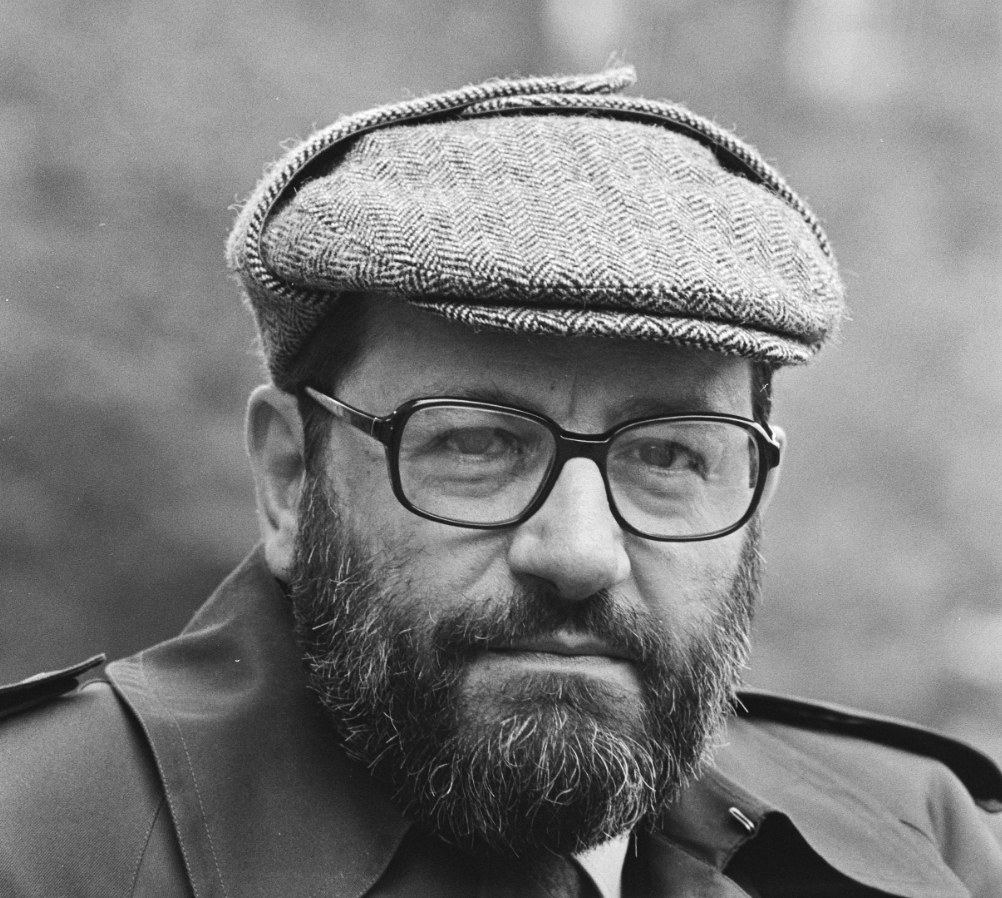You are using an out of date browser. It may not display this or other websites correctly.
You should upgrade or use an alternative browser.
You should upgrade or use an alternative browser.
Trump
- Thread starter Leo
- Start date
-
- Tags
- #mentoo baggy bumhole due to heroin craner had sex with a girl craner saw a girl naked crooked luka everyone has dickpicks of everyone grab them by the sufi hashtag jurisdiction hashtag witchhunts mr tea don't miss now impeach johnson ffs obsessive male feminists office romance or sexual harassment? parp patriots in control pfft! poot! release the leo tapes! so much winning some of my best friends are internet racists squirt starmer deathwatch tea fancies donald that's a lovely dress the j stands for genius trump le monde version made all these tags what about the snowflakes whispers of manifestation on borlest white men fight back
Mr. Tea
Let's Talk About Ceps
What makes you think they wouldn't have gone ahead with the bombing anyway?If you look at the timeline the lad from the Atlantic actually had time to leak all this and potentially stop a hospital being bombed, but instead waited and has decided to make a spectacle of himself. They're now not releasing the rest of the chat either?
shakahislop
Well-known member
fully convinced on the fascism angle now. particularly coz of the gaza activist deportations. to keep it in proportion it's just little bits of facism. a sprinkling. the salt in the soup. in the grand scheme of things. who knows how bad it will get
Mr. Tea
Let's Talk About Ceps
Not that Eco is the be all and end all of fascism studies, but his checklist of 14 points is widely regarded as being useful for determining whether a state, party or movement can be regarded as fascist. Trumpism/MAGA ticks off the great majority of them, I think.fully convinced on the fascism angle now. particularly coz of the gaza activist deportations. to keep it in proportion it's just little bits of facism. a sprinkling. the salt in the soup. in the grand scheme of things. who knows how bad it will get

Umberto Eco’s List of the 14 Common Features of Fascism
Creative Commons image by Rob Bogaerts, via the National Archives in Holland One of the key questions facing both journalists and loyal oppositions these days is how do we stay honest as euphemisms and trivializations take over the discourse?
sufi
lala

Donald Trump is moving fast and breaking things, but that may result in a better US | Simon Jenkins
The chance of the president succeeding in his radicalism is small, but amid the chaos are challenges to convention that were overdue, says Guardian columnist Simon Jenkins
@mixed_biscuits @hmg what you make of this?
sufi
lala
they will say cope no doubt
Donald Trump is moving fast and breaking things, but that may result in a better US | Simon Jenkins
The chance of the president succeeding in his radicalism is small, but amid the chaos are challenges to convention that were overdue, says Guardian columnist Simon Jenkinswww.theguardian.com
@mixed_biscuits @hmg what you make of this?
IdleRich
IdleRich
A sprinkling, the thin end of the wedge etc or, and I hate to harp on about this, but it's at that first they came for the... moment i guess.fully convinced on the fascism angle now. particularly coz of the gaza activist deportations. to keep it in proportion it's just little bits of facism. a sprinkling. the salt in the soup. in the grand scheme of things. who knows how bad it will get
You are right to be cautious using that word and I'm certain that you've arrived at it in a considered manner. But I guess it's been bandied around so much and so loudly lately that that does inevitably undermine its power to shock.
shakahislop
Well-known member
i was thinking about this yesterday while i was locking up my bike to go to the ATM. i don't even know what i mean when i say facism really. have always been confused about the word coz i don't know that period of history well at all. weird how you start reaching for these terms.A sprinkling, the thin end of the wedge etc or, and I hate to harp on about this, but it's at that first they came for the... moment i guess.
You are right to be cautious using that word and I'm certain that you've arrived at it in a considered manner. But I guess it's been bandied around so much and so loudly lately that that does inevitably undermine its power to shock.
Mr. Tea
Let's Talk About Ceps
I think there's two things going on here. One is a continuation and intensification of things that have been going on in the US for decades, like the militarization of the police and immigration forces, so that these thousands of alleged Venezuelan gang members getting sent to a hell-hole mega-prison in El Salvador without any due process just sounds like a re-run of the prisoners who were sent to Guantanamo under similar circumstances.
But this massive executive power-grab and the likely fixing of the mid-terms (never mind the next presidential election) looks to me like something totally new.
But this massive executive power-grab and the likely fixing of the mid-terms (never mind the next presidential election) looks to me like something totally new.
version
Well-known member
i was thinking about this yesterday while i was locking up my bike to go to the ATM. i don't even know what i mean when i say facism really. have always been confused about the word coz i don't know that period of history well at all. weird how you start reaching for these terms.
There was an article published in the New Statesman last year which called whatever's going on atm 'disaster nationalism'...
As for the left, our conversation is often garbled by inadequate abstractions, be it the academic discourse of “populism” or the uninformative, parochial American pseudo-debate about whether Trump is really a “fascist”. As Marx would have said, the correct method is not to start with the abstraction but to “appropriate the material in detail, to analyse its different forms of development and to track down their inner connection”.
What is distinctive about this new far-right and its growth? Notwithstanding wannabe “insurrections” in the United States, Brazil, Germany and even Russia, it remains largely parliamentarist for now. The new far-right provides an advantageous milieu in which neo-fascists can thrive but its immediate objective is not the overthrow of electoral democracy but a constitutional rupture breaking with all humane and “woke” constraints on the exercise of power. In most cases it starts out poorly organised, with meagre civil society roots, achieving what it does with an assemblage of online networks, media connections, sporadic street mobilisations, dark money, electoral campaigns and random violence. The one salient exception is India, where the Rashtriya Swayamsevak Sangh (RSS) gives Modi paramilitary heft. Otherwise this movement thrives less on its own inherent dynamism than on the decomposition of the old parliamentary centre, and on lurid apocalyptic fantasies: “white genocide”, “the great replacement”, “the great reset”. It is not yet fascism, but something else, which we might term “disaster nationalism”.
Disaster nationalism evinces not the least trace of the utopianism of historical fascism, with its colonial fantasies of living space and a “new man” equipped for global domination by race science. Rather, apart from the Israeli far-right’s expansionist vision for Gaza and the West Bank, it offers a meagre, defensive nationalism scaled to an age of deflationary politics. It doesn’t feign anticapitalism or proffer what Michael Mann calls “class transcendence”, as fascists did in both Italy and Germany. To the contrary, it defends a more muscular capitalism freed from “woke” constraints, albeit with ethnic protections. There is no sense of the futurist Aufbruch (departure) that Roger Griffin says characterised interwar fascism, apart from the pathetic, suicidal romance of the lone-wolf manifesto. Tomorrow doesn’t belong to them; they don’t want tomorrow. On the flipside of their obsession with disaster scenarios is nostalgia for a version of normality that is slipping away.

The rise of disaster nationalism
The modern far-right is not a return to fascism, but a new and original threat.
Mr. Tea
Let's Talk About Ceps
🤔On the flipside of their obsession with disaster scenarios is nostalgia for a version
shakahislop
Well-known member
subvert47
I don't fight, I run away
Trivialising Nazis again.
Six weeks later and already that comment's not standing up very well. How far do they have to go before you realize that they are actually fascists. They're not being the slightest bit subtle about it.
Mr. Tea
Let's Talk About Ceps
I wouldn't bother interacting with him, if I were you. This is someone who thinks anyone less keen an ongoing genocide than he is therefore supports Hamas and is therefore an antisemite, while giving Musk the maximum possible benefit of the doubt over his "autistic Roman salute."Six weeks later and already that comment's not standing up very well. How far do they have to go before you realize that they are actually fascists. They're not being the slightest bit subtle about it.
shakahislop
Well-known member
there's this whole cluster of connections i've been trying to untangle. it feels like a revolution is happening. in that the old structures that we grew up with are being taken out, dismantled. the revolution is coming from the right. it's destabilising the way things normally work in terms of the most profound core political structures eg civil service, government communications, separation of powers. so much of this reminds me of what the radical corners of the left were asking for in about 2005. dominic cumming's blog reminds me of k punk in some ways. there's this thing going on about stability vs instability / preserving the old order vs change. change is definitely here but it's coming from the wrong side.

